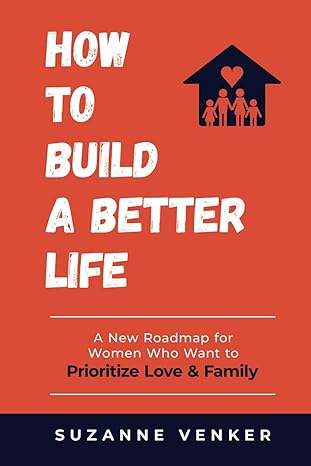
Post-Pandemic Homes
This year our heads and hearts -and of course our news – have been full of the impact of the COVID-19 pandemic on our daily lives. As I write the world is juggling the very different demands of closing the opportunity for new infections and opening the economy for vital new financial activity. It is no wonder that many are facing the winter both confused and concerned.
At Home Renaissance Foundation, we have been at the forefront of communicating the impact of COVID-19 on the home. This goes beyond the immediate effects of lockdown, home-schooling and caring for the vulnerable and looks at the longer-term aftermath of all that we have experienced this year.
Citizen Advice has estimated that in the UK alone 6 million households are falling into debt through rent arrears, with carers, shielders and key workers hardest hit. Although there has been a welcome extension to the ban on evictions to the end of this month, the CA figures show the tip of an iceberg in terms of what struggling families face in the months and years ahead.
Loss of jobs and income security has had a disproportionate effect on those in the lower-income bracket. Along with those identified by Citizens Advice, jobs in hospitality and the so-called “gig” economy have been very vulnerable to the shrinking of spending during lockdown.
While working from home has been seen as beneficial for those otherwise commuting into the cities, it has been detrimental for those dependent on such commuters – office cleaners, receptionists, cab drivers, restaurant and catering staff. These are typically some of the lowest-paid roles and their loss is all the more serious as a consequence. The place this is felt first is in the home.
The important question today is to help the homes of tomorrow. The home has changed this year and some of those changes are to be seen as positive, notably the renewed recognition of the value of home as a place of nurture and support. For many though, the changes directly related to diminished income and future expectations are more problematic.
HRF is currently in partnership with the COVID-19 Family Life Study which amongst other areas is looking at the concerns of families with young children at this time. If the economic forecasts are correct then this rising generation will face the greatest long-term consequences of the pandemic.
The timescale of when young people could expect to leave home to set up their own households had already extended as the cost of housing rocketed over the last few decades. It seems likely that this will continue. Looking now at how to support multi-generational households is a creative and positive response to what in other contexts might be framed as a problem rather than a societal opportunity
It is too soon to learn all the lessons of the COVID-19 pandemic but it is not too soon to address the very real and growing needs of the post- pandemic home.
This article was written by Ángela de Miguel, Project and Media Manager at Home Renaissance Foundation, an international think tank based in London which promotes greater recognition of the work required to create a thriving home. It meets the fundamental needs of individuals and the family that play a crucial role in creating a more humane society. The views expressed in this paper are solely the author’s views.







Commentaires récents